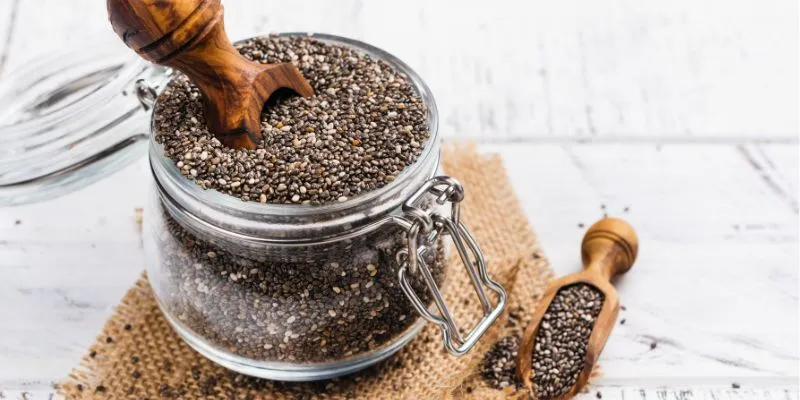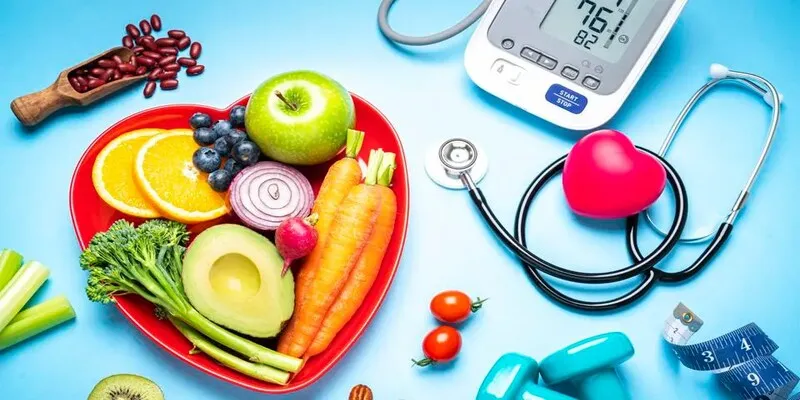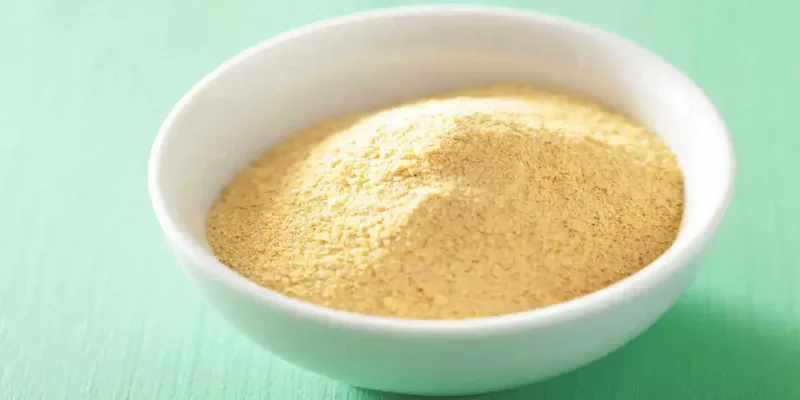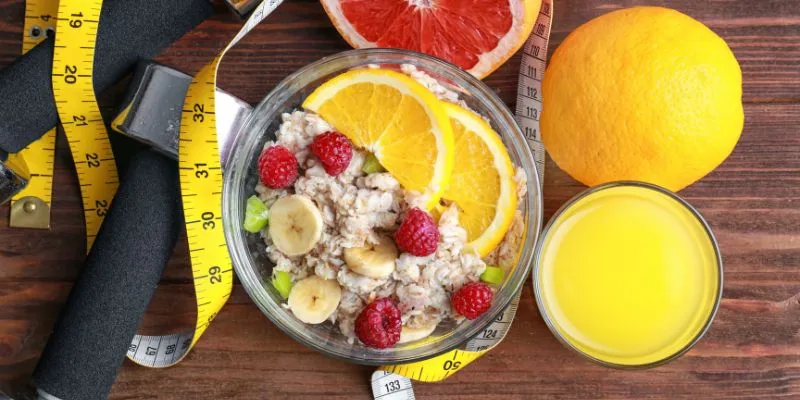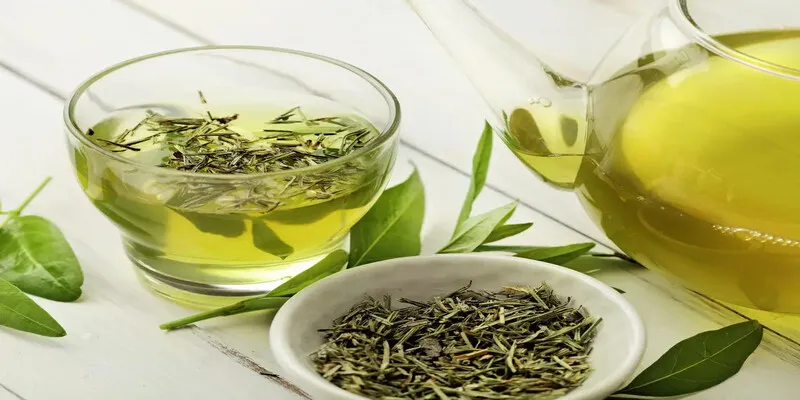Health Benefits of Chia Seeds
Chia seeds, small as they are, pack a nutritional punch and have made quite a splash in recent years as a superfood. Native to the Salvia hispanica plant, chia seeds are a treasure trove of omega-3 fatty acids, fiber, protein, antioxidants, and essential vitamins and minerals. They support heart health, digestion, weight control, and energy, making them a valuable addition to any diet. Let’s explore the health benefits of chia seeds to see why they’ve earned their superfood status.
Nutrient-Dense and Low-Calorie
Chia seeds are incredibly nutrient-dense, offering an impressive amount of vitamins and minerals despite their small size and low-calorie count. According to the United States Department of Agriculture (USDA), one ounce (about 28 grams) of chia seeds contains fiber, protein, fat with omega-3 fatty acids, calcium, manganese, magnesium, phosphorus, and several antioxidants, making them one of the most nutritionally dense foods per calorie.

Rich in Antioxidants
The high antioxidant level in chia seeds helps counter oxidative stress, neutralizing free radicals associated with aging and diseases like cancer. Antioxidants also prolong the shelf life of chia seeds by preventing the fats inside them from becoming rancid. These antioxidants enhance overall cell health by preventing damage to the skin, organs, and immune system.
Good Source of Omega-3 Fatty Acids
Chia seeds are a plant-based source of omega-3 fatty acids, essential fats the human body cannot produce on its own. These fatty acids help reduce blood pressure, inflammation, and cholesterol levels, contributing to cardiovascular health. Omega-3s from chia seeds also support brain function and mood stability, enhancing mental well-being.
Heart Health
Chia seeds contribute significantly to maintaining heart health. They are rich in fiber and omega-3s, which help reduce harmful cholesterol levels and increase good cholesterol levels. This combination can lower the risk of cardiovascular diseases. Additionally, chia seeds provide magnesium and potassium to help maintain healthy blood pressure levels.
Aids Digestion
The soluble fiber in chia seeds absorbs water, forming a gel-like texture that supports digestion, softens stools, and prevents constipation. This gel- forming property also promotes the growth of beneficial gut bacteria, balancing the microbiome and optimizing digestion. For those with digestive issues, chia seeds offer natural relief.
Supports Weight Management
Chia seeds aid in healthy weight management. Their protein and fiber content keep you feeling full for longer, reducing the temptation to overeat or snack frequently. When mixed with liquid, they expand and form a gel, creating a sensation of fullness. This is beneficial for those looking to reduce calorie intake without feeling deprived.

Regulates Blood Glucose Levels
Chia seeds have a slow digestion rate and are packed with fiber, helping stabilize blood sugar levels. This makes them an excellent food choice for type 2 diabetics to reduce spikes and crashes in blood sugar. Studies suggest that chia seeds increase insulin sensitivity and metabolic health, making them a valuable addition to a diet focused on blood sugar management.
Promotes Bone Health
Rich in calcium, magnesium, and phosphorus, chia seeds support strong bones. They provide more calcium per gram than most dairy products, making them a good choice for those who are lactose intolerant or vegan. Magnesium and phosphorus also contribute to bone strength and help guard against conditions like osteoporosis.
Boosts Energy
Historically, chia seeds were used by ancient civilizations, like the Aztecs, as a source of sustained energy. Their protein, healthy fats, and fiber content provide lasting energy and maintain stamina without causing blood sugar spikes. This makes them an excellent nourishment source for athletes and anyone needing an energy boost.
Helps Muscle Building and Recovery
Chia seeds are a rich protein source, aiding recovery and muscle growth. This is particularly beneficial for vegetarians and vegans seeking plant-based proteins. The essential amino acids in chia seeds make the protein bioavailable, while antioxidants reduce inflammation, supporting recovery after exercise.
Improves Skin Health
Chia seeds contain antioxidants and healthy fats that protect the skin from environmental damage, such as sunburn and pollution. These antioxidants enhance skin elasticity and help reduce wrinkles, while omega-3s nourish the skin, reducing inflammation to help manage acne, redness, and dryness.
Conclusion
Chia seeds are an excellent, nutrient-rich food with high antioxidant content, essential minerals, and abundant levels of omega-3s. They offer substantial health benefits for the heart, weight management, digestion, and bone health. As a versatile superfood, chia seeds are easy to incorporate into many recipes, allowing you to boost your nutritional intake effortlessly. Embrace chia seeds and let this superfood enhance your diet and health.
